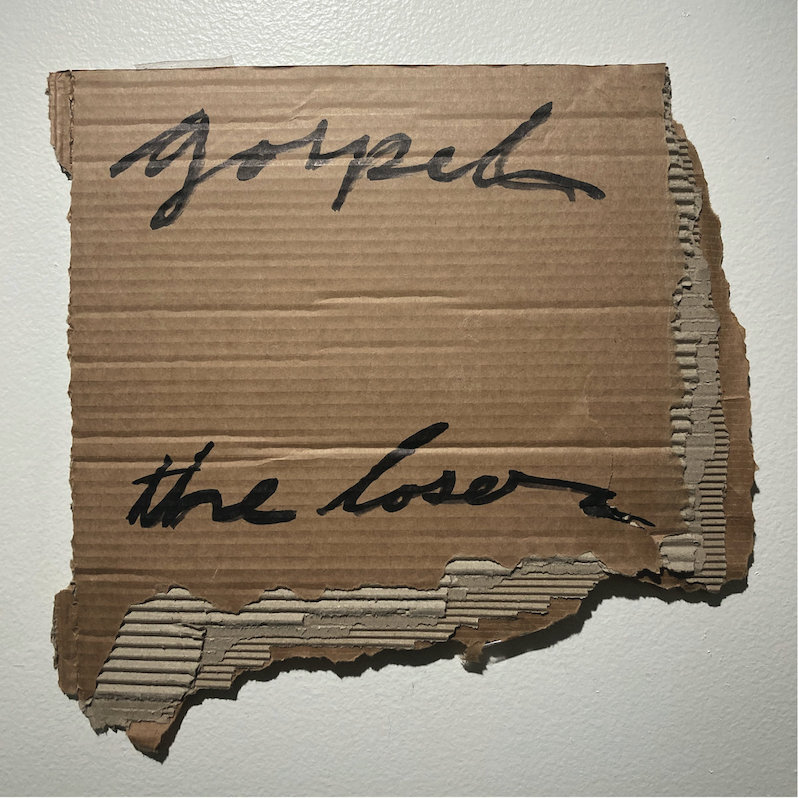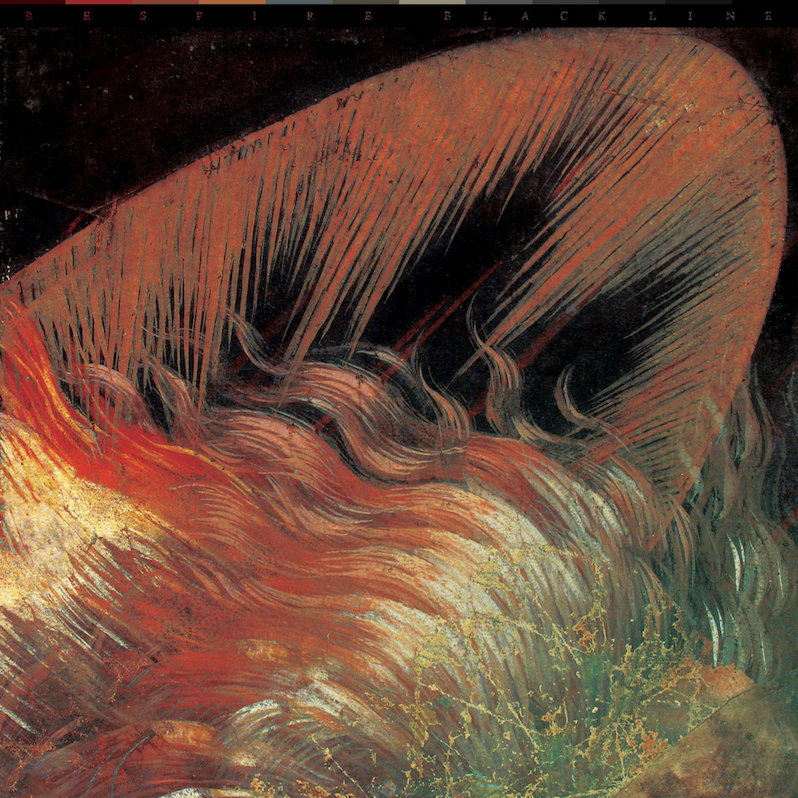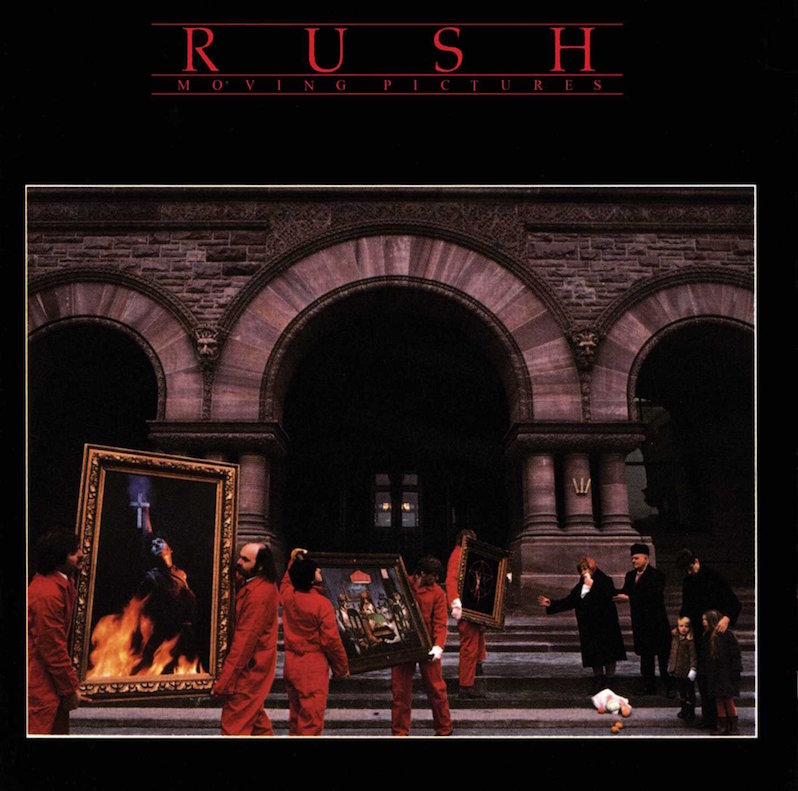Gospel : The Loser

I tell people sometimes that I was late coming to screamo, but that’s not entirely true. Something closer to the truth is that, as a prog rock and extreme metal fan growing up surrounded by punks, I would often say things that weren’t precisely true to try to set myself apart from my peers in that standard half-petulant, half-searching and sincere way that children and teens often do. Screamo was one of the first underground rock genres to have a prog rock revival in the 2000s when I was still in middle and high school, with groups like Mars Volta, the Dear Hunter and the Fall of Troy rising from those waters to produce records that transcended from screamo into the (to me) far more vaunted realms of progressive rock. It was that sense of exploratory and intense musicianship that eventually drove everyone, not just the vocalists, to dive deep into the wells of what those magical instruments in their hands could really do if you set your mind to it. The natural musical intensity of the music lent itself well to those greater and more expansive capacities and, through them, helped produce the progressive rock revival that we are still reaping rewards from.
Which makes it so satisfying to see one of the most respected of the deeper-underground names of that especially fertile mid-2000s period of progressive rock-infused screamo come back with such ferocity. Gospel famously put out a single record in 2005, the moon is a dead planet, an album which we’ve covered glowingly before alongside a number of other publications who’ve done similar. It’s an underground rock classic and for good reason; while bands like the Mars Volta were breaking big and playing on television and opening for groups like the Red Hot Chili Peppers, here was a group producing work that was just as cutting edge, exhilarating and sophisticated but in an underground space. The fact that their near-perfect record was followed by their quiet dissolution only led to a greater aura around the group, feeling almost like a dream. Their spontaneous return to social media followed by their near-immediate tease that they’d produced a second record in secret 17 years after the fact only felt more mythical.
The Loser is the sound of the chrysalis breaking open. Little to no screamo remains here, save for the vocal approach and certain approaches on cuts like “Metallic Olives” which feature a particular biting approach to twin-guitar riffing reminiscent of the style. Beyond those moments, this is pure progressive rock of a heady vintage; the focus on organs reminds as much of Emerson, Lake and Palmer as the steaming brightness recalls Yes at their most fervent and rock-oriented. Gospel largely evades tongue-twisting time signatures and tricksy figures (save for on “Hhyper” which has a 20-beat main riff subdivided in some pretty gnarly numbers). Their approach to prog takes more after the tonal elements especially of the form of the genre from the late ’60s and early ’70s; think more Electric Prunes and Nursery Cryme-era Genesis than the bewildering arrangements of Gentle Giant or abstruse avant-gardeism of peak King Crimson. Their transformation is reminiscent of Hallas, a band that grew in prominence in heavy metal space before everyone seemed to wake up at the same time and realize they were a classic prog band with hardly a hair of heavy metal save for the imagery.
Still, while the melodic instrumentalists lean substantially toward a traditional prog approach here, drummer Vincent Roseboom maintains a fiery and explosive approach toward his instrument that still grounds this material in the same rock energy that would give birth to punk at its most extreme and frenetic. Imagine Jon Theodore’s similar approach, which took as capably from jazz fusion and prog greats as it did the wild abandon of proto-punkers like Keith Moon and from the proper punk and post-hardcore drummers of ’80s which dealt more in ferocity than in discrete classic chops. The Loser feels not only like the proper development of their debut, but also as a refutation of Baroness bandleader John Baizley’s old statement that he fancied his band more in line with a group like the Jesus Lizard than one like Yes, with Gospel proving that perhaps those two bands are more closely musically aligned than certain rock fans had long considered. (They are right in this proposition, by the way.)
The most important element of The Loser, however, isn’t in its relation to the cutting edge of musical developmentalism, an aspect of music that is always interesting but never the primary point. A group like The Armed isn’t fascinating because they are cutting edge (though they are cutting edge); they are fascinating because they make killer records. The Loser, despite drawing more deeply from well-explored sonic terrain in the broader history of rock music than their debut, absolutely rips from front to back. The sensation is not unlike returning to key Hendrix, Beatles or Miles Davis records years after the fact, after spending hundreds and thousands of hours in the trenches of the underground, avant-garde and contemporary worlds of art; certain things are eternal and a great song, or film, or novel, or poem, or painting, is seemingly great forever. Gospel delivered a record that was certified as a classic over time with the moon is a dead planet; with The Loser, they have produced a second. Ideally, we will recognize that much sooner this time. Their return here is on par with the return of bands like Cynic, Gorguts and Carcass, groups which produced records that are not only their arguable best in their catalog after a lengthy decade-plus hiatus but in fact some of the very best of the genre.
Label: Dog Knights
Year: 2022
Similar Albums:
Langdon Hickman is listening to progressive rock and death metal. He currently resides in Virginia with his partner and their two pets.




